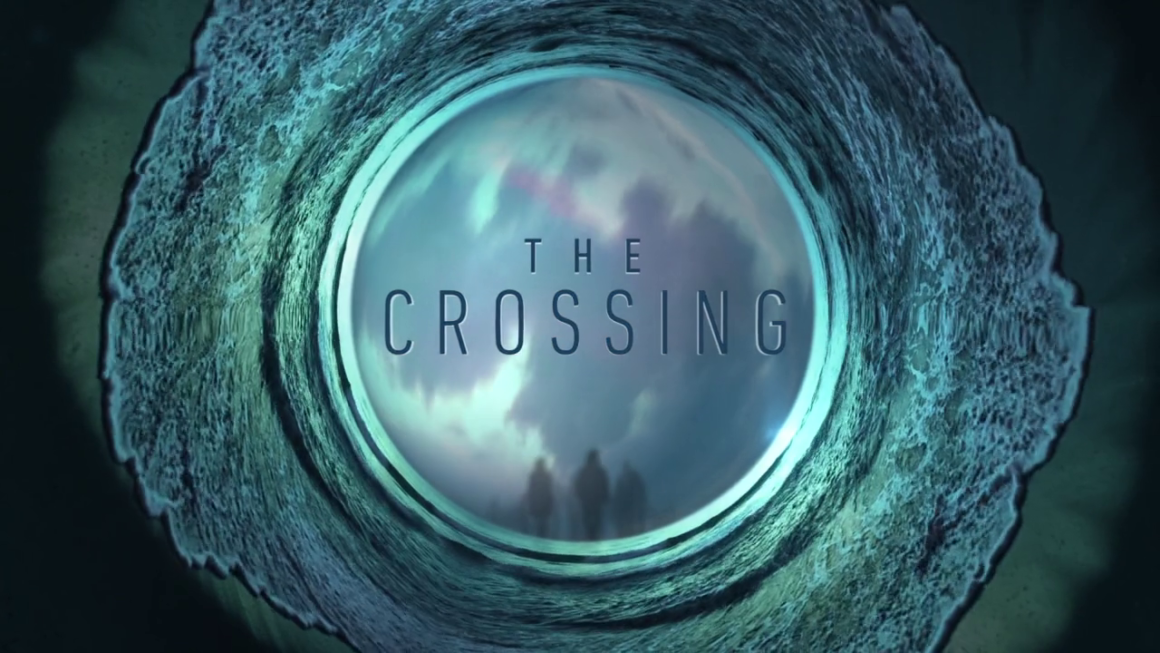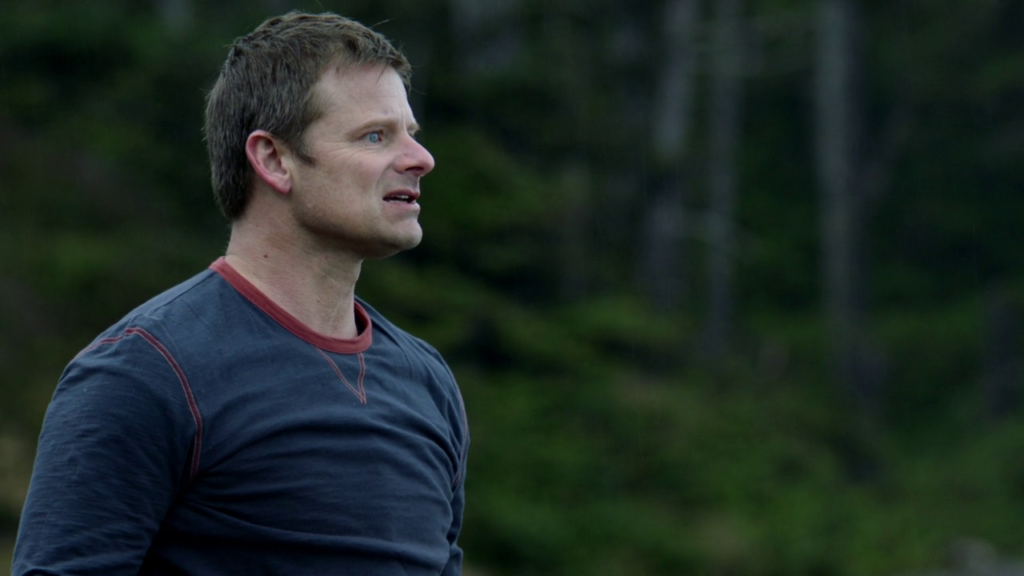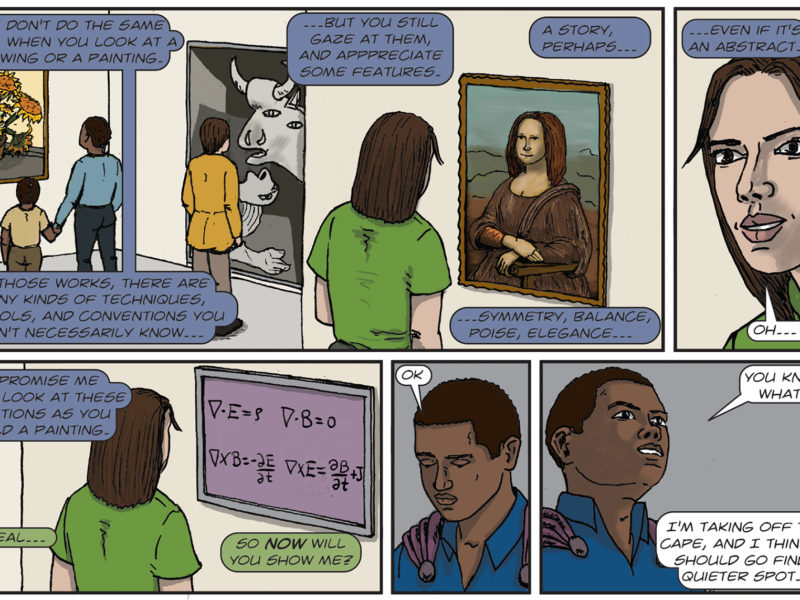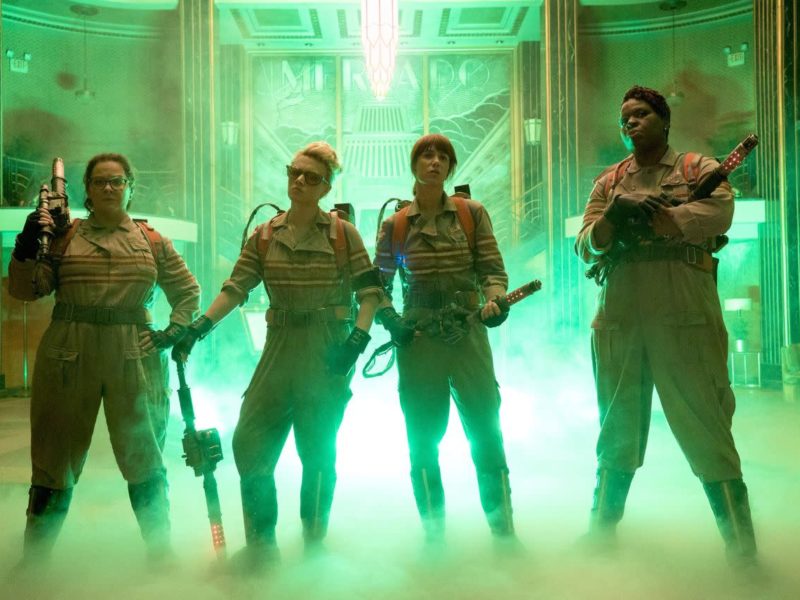What would you do if a group of people suddenly appears seeking asylum from a war? The first step would be to vet their story, see if what they are saying is true. What if this group of people is American and the conflict they are escaping happens 180 years in the future? The pilot episode of The Crossing wastes no time getting to this central premise and, as intriguing as that may be, it makes you wonder if this alone is enough to carry a show across an entire season. If it does not, the show has a few additional tricks up its sleeve, and the show's quick pace indicates there is a much bigger mystery, and possible threat, not just for everyone involved but the entire world.
The show opens with what appears to be a mass drowning. Sheriff Jude Ellis (Steve Zahn) gets called away to investigate the appearance of a body on a nearby beach. Upon arriving at the beach, Ellis soon discovers more bodies and hundreds in the water. Luckily, there are a few survivors to tell the story and the magnitude of this discovery is more than a small-town sheriff can handle. The Feds are soon called in to investigate. Questions arise from how those people got there and we soon discover, there is more to the refugees' story than meets the eye.
One survivor, Caleb (Marcuis W. Harris), informs lead FBI agent, Emma Ren (Sandrine Holt), of the bleak future that lies ahead. His people didn't travel through time to escape war but genocide — they were being exterminated. A militant group known as Apex had taken over every government around the world and planned to use genetic engineering to usher in the next step in human evolution. Presumably, anyone who had not undergone genetic engineering was being exterminated.
While the show's quick pace is sure to capture everyone's interest, the pilot relies on several overused plot devices to drive the story forward. Sheriff Ellis has a tortured past and is estranged from his family. He is a flawed everyman hero trying to make things work. Living in this small town is supposed to be his redemption and the means to get his life back in order. But things are not meant to be easy for Ellis. Agent Ren alludes to his past failings in Oakland, an event that is sure to come up in a future episode. The relation between Ren and Ellis, which is supposed to play off the big-city cop encroaching on the small-town sheriff's territory hardly seems tense — Ren warns Ellis not to do something, Ellis does it anyway, Ren shrugs and moves on. Maybe the lack of real conflict will make it easier for the two to come together to face some future threat.
All of this leaves the show feeling somewhat formulaic. This manipulation doesn't give viewers many reasons to connect with the characters on the show, which is a shame. The show's central mystery is a compelling one but it may not be enough. Viewers need to be invested in the characters if they are going to stick around for the rest of the season. The network's cookie-cutter approach isn't going to help in this regard.
The Crossing is a bad show. If anything, there is potential once the mechanics of the show's time travel is fully established, and we can figure out why the refugees were really sent back, as well as, what exactly is at stake. At least, it is worth watching a few more episodes before deciding whether to watch the entire season.





